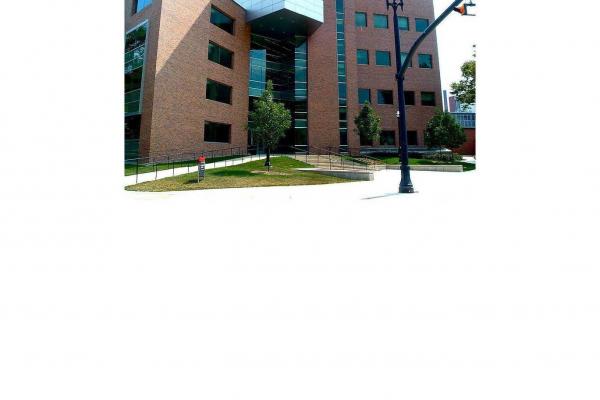
I will describe our use of Reading Logs and Learning Commentaries to promote physics student reflection on their own physics learning in lower division college and university physics courses, and in courses at multiple levels for pre-service and in-service physics teachers. Reading Logs are intended to free lecture and classroom time from reading the text, and provide a mechanism to guide, support, recognize and credit students for reading their physics text outside class time. Reading Logs (RLs) are intended to be fast, frequently collected and readily evaluated rewards for appropriate student effort. Learning Commentaries (LCs) are short, three paragraph essays intended to promote reconciliation of student experiences learning physics with their own lived experience through writing. LCs are typically collected only a few times during the semester (typically before exams) and are graded via a sophisticated rubric. I present the forms for RLs and LCs, the LC rubric and some exemplars of student work. I will also present syllabus and grading options.
